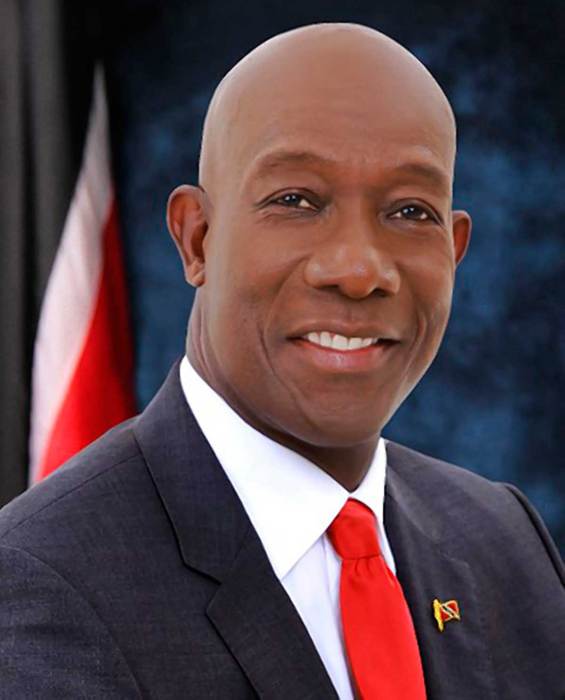TORONTO – The privacy concerns Ottawa is citing as justification for scrapping the mandatory long-form census are overblown, a diverse range of groups said Tuesday in calling for the government to reverse its controversial decision.
Financial, social and academic groups added their voices Tuesday to the growing chorus urging the government to keep the longer census, but Ottawa showed no sign of heeding their call.
The government “will not be revisiting the issue of the old long form,” Industry Minister Tony Clement said in an unequivocal statement issued Tuesday afternoon.
Clement said the government had received complaints in the past from Canadians who felt the questions on the longer census form were an invasion on their privacy.
“The government does not think it is necessary for Canadians to provide Statistics Canada with the number of bedrooms in their home, or at what time of the day they left for work, and how long it takes them to get there,” he said in the statement.
“The government does not believe it appropriate to force Canadians to divulge detailed personal information through threat of prosecution.”
But Don Drummond, economics adviser to TD Bank Financial Group and a member of the National Advisory Council for Statistics Canada, said there has not been one incident of privacy being compromised in the history of the census.
“Statistics Canada has iron walls around anything that could become remotely in the vicinity of being identified, whether it was a business or an individual,” Drummond said.
“That’s a pretty good track record. I really don’t think there are any grounds for being concerned on that front.”
The benefits for Canadians in filling out the longer census form far outweigh any inconvenience, the coalition said.
“I have in the past been solicited to fill out the long form,” said the president of the Institute for Research on Public Policy, Mel Cappe.
He admitted the census form was intrusive and took some extra time, but said that statistically Canadians will only be asked to fill out the form once every 25 years.
“That’s not that big a deal,” Cappe said.
The coalition has drafted a letter to Stephen Harper asking the Prime Minister to meet with them.
The mandatory long census form is being replaced with a voluntary survey next year, something the coalition said will provide virtually useless data. The groups say the lack of data will be disastrous for social policy and planning, as well as health and community programs.
According to Drummond, white middle class people would be over-represented in a voluntary census and the valuable information gained from studying census data as it changes every five years would be lost.
“We’ll have this break in the data,” Drummond said. “I think we’re going to be in a fog.”
Sen. Marjorie LeBreton, who leads the Tories in the Senate, suggested nothing will be lost by moving to a voluntary long census.
“There’s still going to be a long form,” she said in Ottawa. “The only difference is, this is voluntary. Canadians, I believe and we believe, will be very happy to fill in the long forms,” she said.
Representatives from the health sector said it would also be adversely affected by the changes.
The director of Toronto Public Health, Carol Timmings, said her department would never have been able to target the most vulnerable people in the city during the H1N1 pandemic without census data.
Census data provided in cross tabulations of long-form data broke down income level and language groups and helped the department make sure they were distributing information the right way to ensure people knew where to get a vaccine.
Timmings said the burden of filling out the form must be balanced with the value of what the information brings to Canadians.
“I think it’s making the data real and helping them see how that information matters and can impact in a positive way their lives.”
While the voluntary form may get filled out by more people, critics argue that doesn’t mean better information.
“It doesn’t matter,” Cappe said. “You have an unreliable database — it’s worse than having no database. I almost say it would be better to produce no numbers than to produce something unreliable.”
According to government plans as they now stand, the mandatory short form, which includes questions about the number of people in a household and the language they speak there, would stay the same.
















